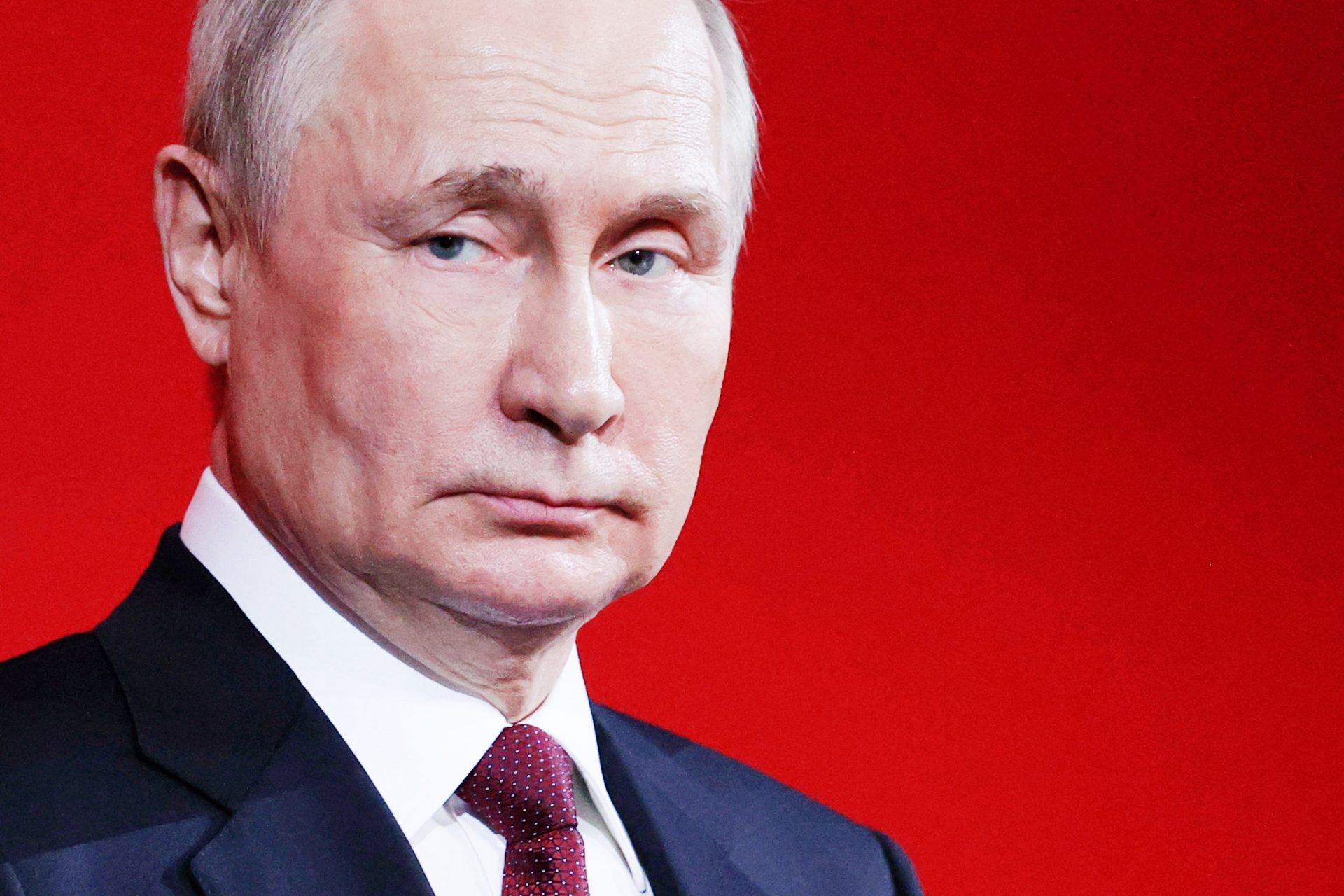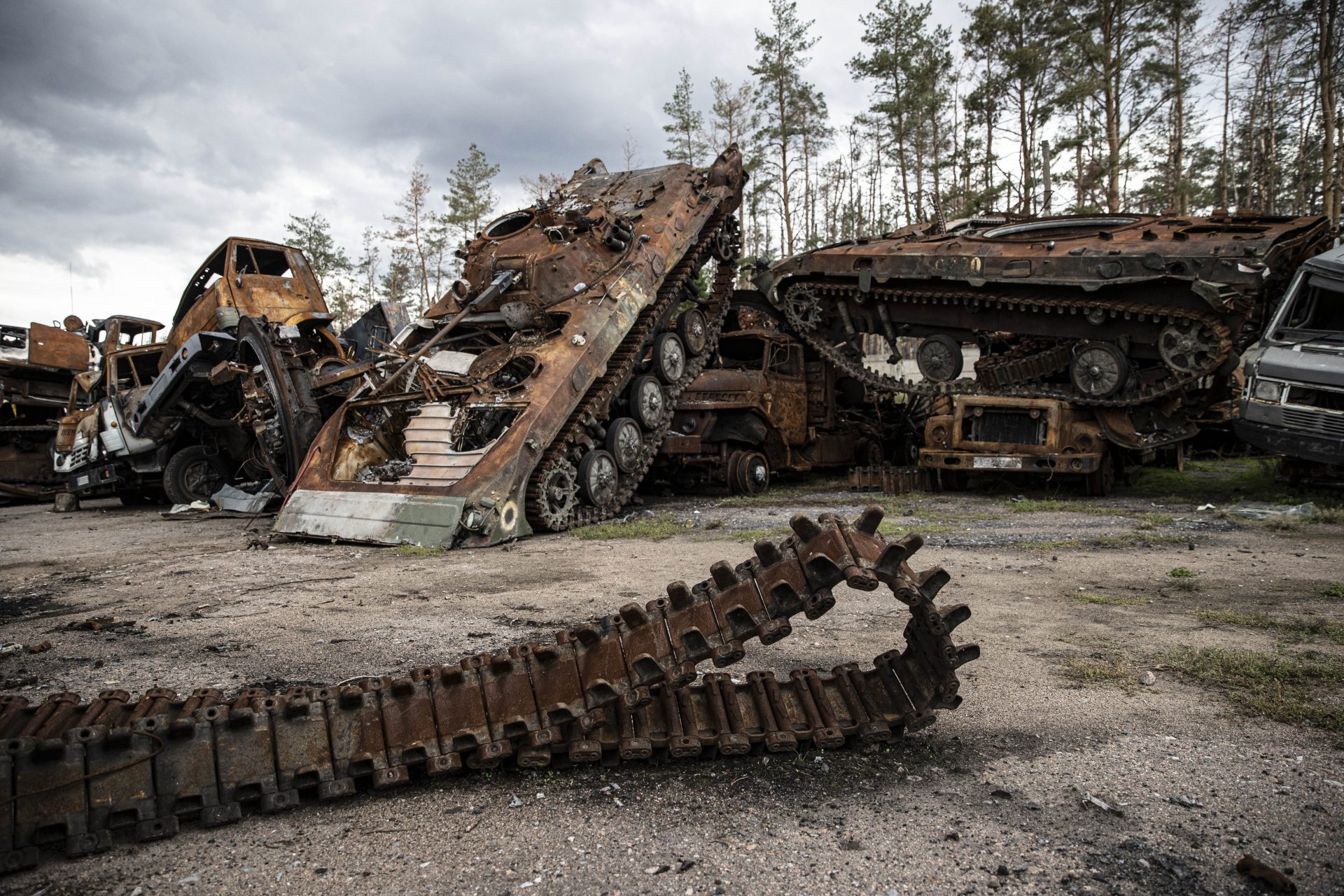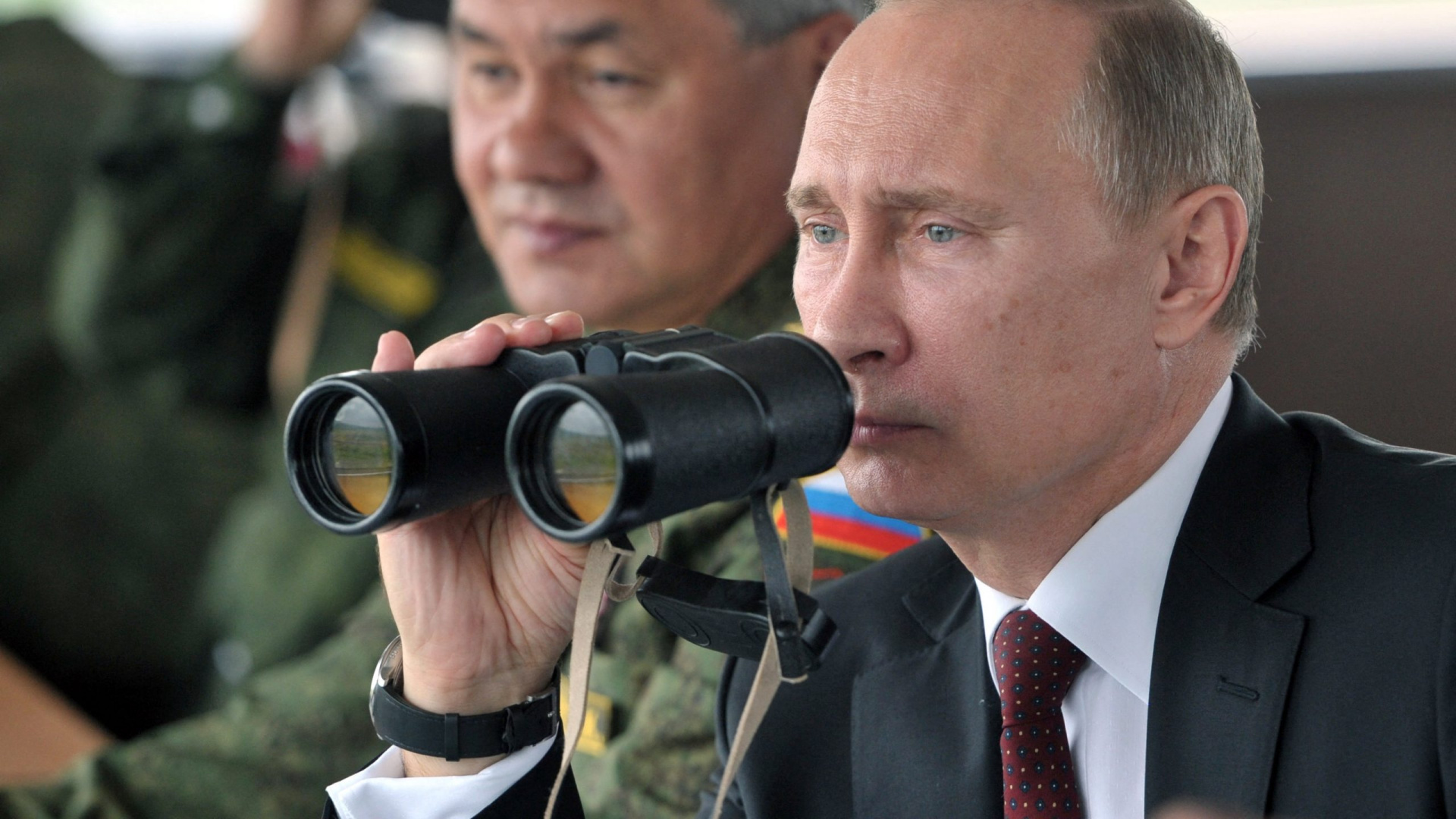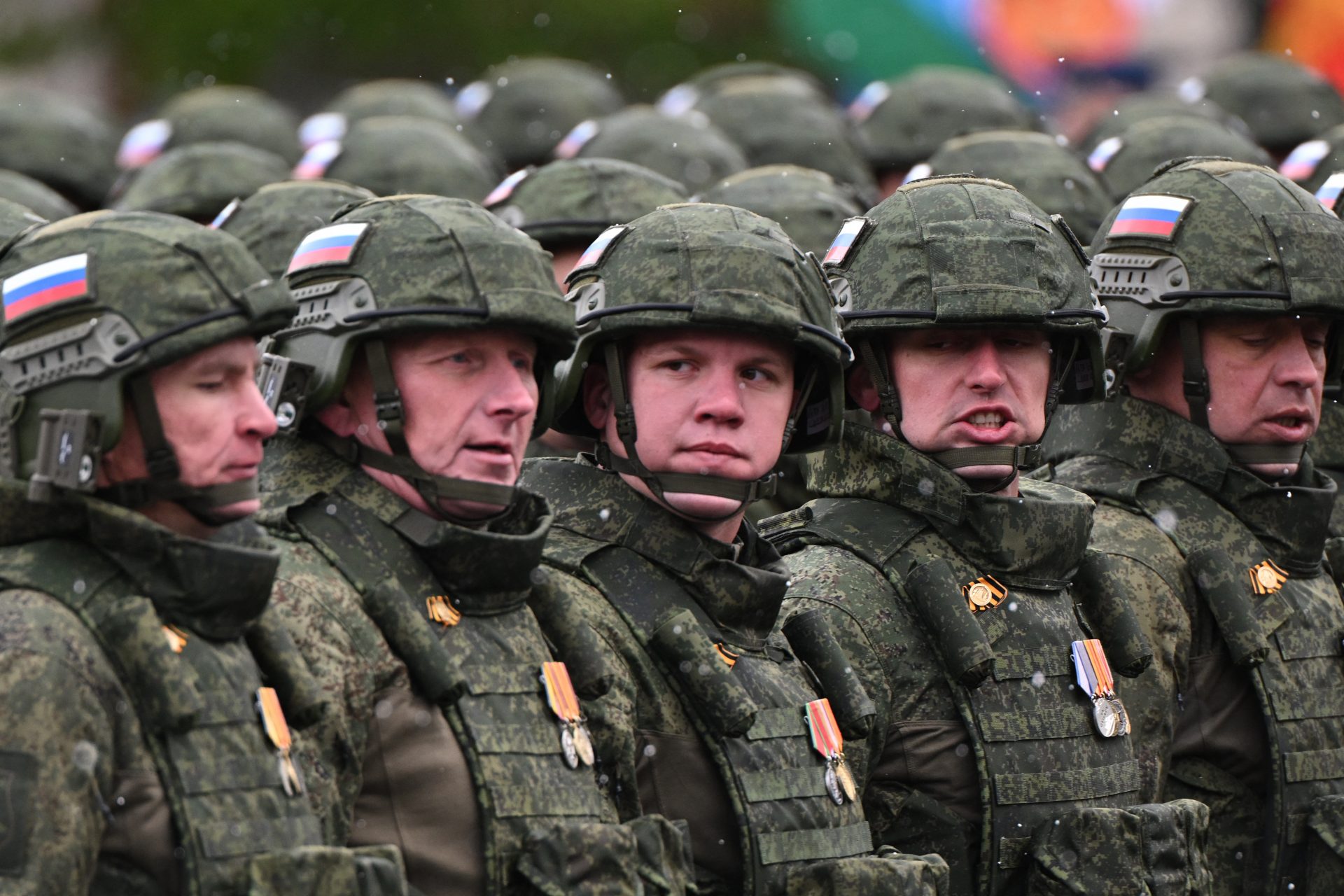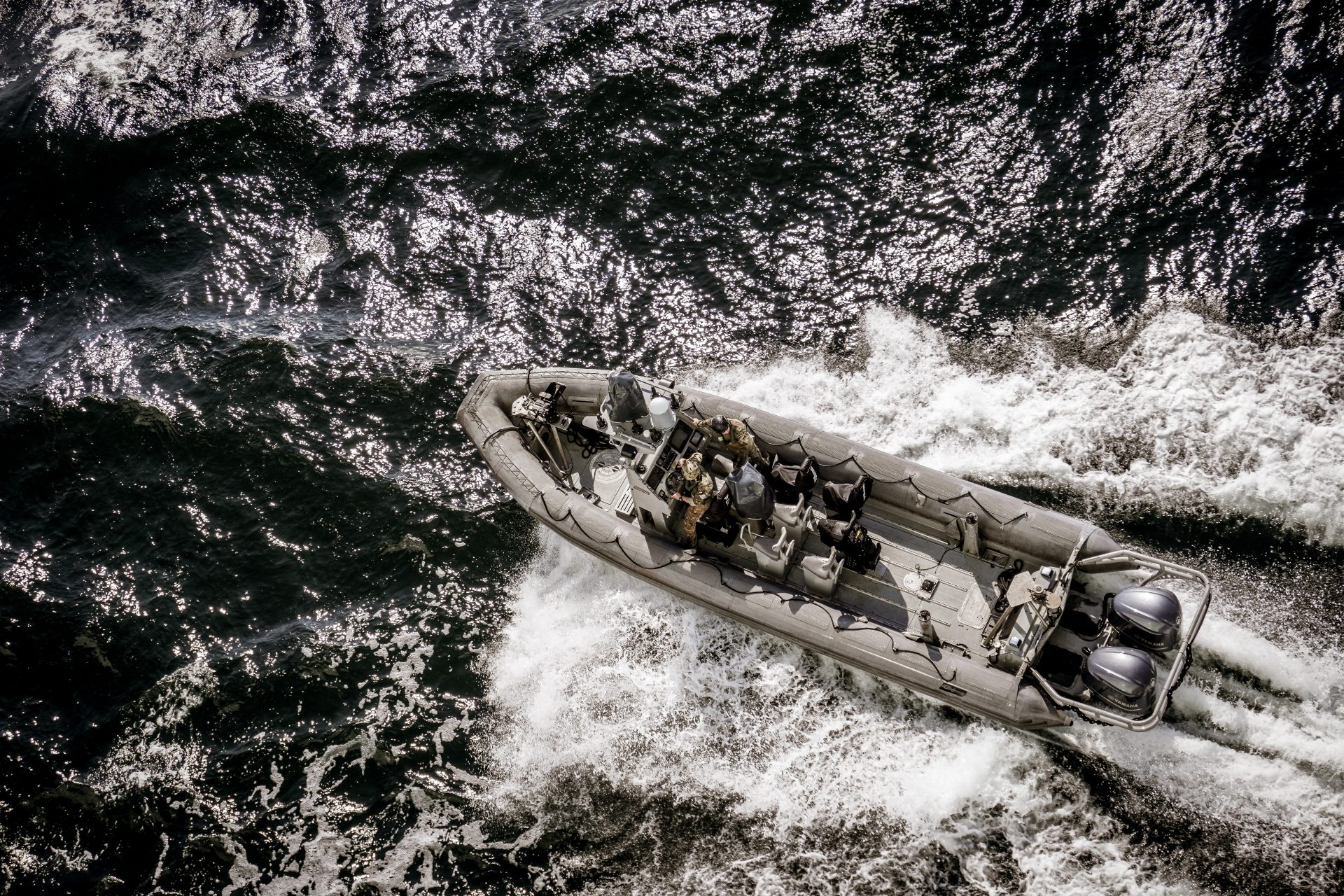These are the leading causes of Russia’s non-combat military casualties
Russia has suffered roughly 200,000 casualties since Vladimir Putin ordered his invasion of Ukraine according to a new update from the United Kingdom’s Ministry of Defense, but not all of those deaths and injuries were the result of fighting on the frontline.
“While Russia has suffered up to 200,000 casualties since its full-scale invasion of Ukraine, a significant minority of these have been due to non-combat causes,” officials of the UK Ministry of Defence’s Defence Intelligence group tweeted on April 2nd.
Citing information from a Russian news Telegram channel, Defence Intelligence noted that there had been an extremely high number of incidents and deaths that could be traced back to the level of alcohol Russia’s deployed troops were consuming.
This wouldn’t be the first time alcohol use was reported as a major problem for Russian commanders. In November 2022, Ukraine’s Deputy Minister of Defense Hanna Malyar said Russians were turning to alcohol consumption to cope with the realities of war.
“Against the background of the successful counteroffensive… there is an increase in panic and a significant decrease in the level of morale and psychological state among the personnel of the occupying forces,” Maliar said during a briefing covered by Ukraine’s Army Inform and translated by Google.
“Mass abuse of alcoholic beverages is observed among the occupiers, due to which cases of armed conflicts between representatives of different units have become more frequent,” Maliar continued. “It also leads to destabilization.”
The Deputy Defense minister added that Russia was trying to get the situation under control by banning the sale of alcohol in the occupied territories, though little follow-up was added and it should be noted that the information could not be independently verified at the time.
Regardless of whether or not Hanna Maliar’s comments in November were accurate or a piece of political propaganda, it does seem the UK’s Ministry of Defence believes there is enough evidence to show alcohol-related casualties have become a significant issue for Russia.
“Russian commanders likely identify pervasive alcohol abuse as particularly detrimental to combat effectiveness,” wrote the UK’s Ministry of Defence in their April 2nd war update.
“However, with heavy drinking pervasive across much of Russian society, it has long been seen as a tacitly accepted part of military life, even on combat operations,” the Defence Ministry added.
Other leading causes of non-combat casualties among Russian soldiers included the poor handling of weapons, road traffic accidents, and climate-related injuries—which the Ministry of Defence noted would include things like hypothermia.
While Russia doesn’t provide official numbers for the amount of soldiers being lost in non-combat roles, there have been a number of major public stories that underlined the analysis coming out of the UK’s Ministry of Defence.
In January, Newsweek’s Andrew Stanton reported on an explosion in Belgorod that killed three soldiers and injured fifteen more due to the mishandling of ammunition.
There have also been several credible reports of Russian soldiers freezing to death in Eastern Ukraine, most notably from videos published in November when winter conditions all along the frontlines were at their worst.
“Under-trained, under-supplied and ambivalently led, Russians in [Eastern Ukraine] are freezing to death by the dozen,” wrote Forbes’ David Axe in November 2022.
“Shocking videos that have circulated online in recent weeks… depict Russians in the late stages of hypothermia, so cold and sick that they barely react when the drones drop lethal improvised bombs on them,” Axe added.
News of the UK Ministry of Defence’s report on non-combat casualties among the Russian Armed Forces comes just days after Putin announced Russia’s annual spring conscription drive.
Russia will be raising 147,000 new troops this round, soldiers Bloomberg News says Russian authorities have repeatedly promised to keep out of the fight in Ukraine.
More for you
Top Stories






















